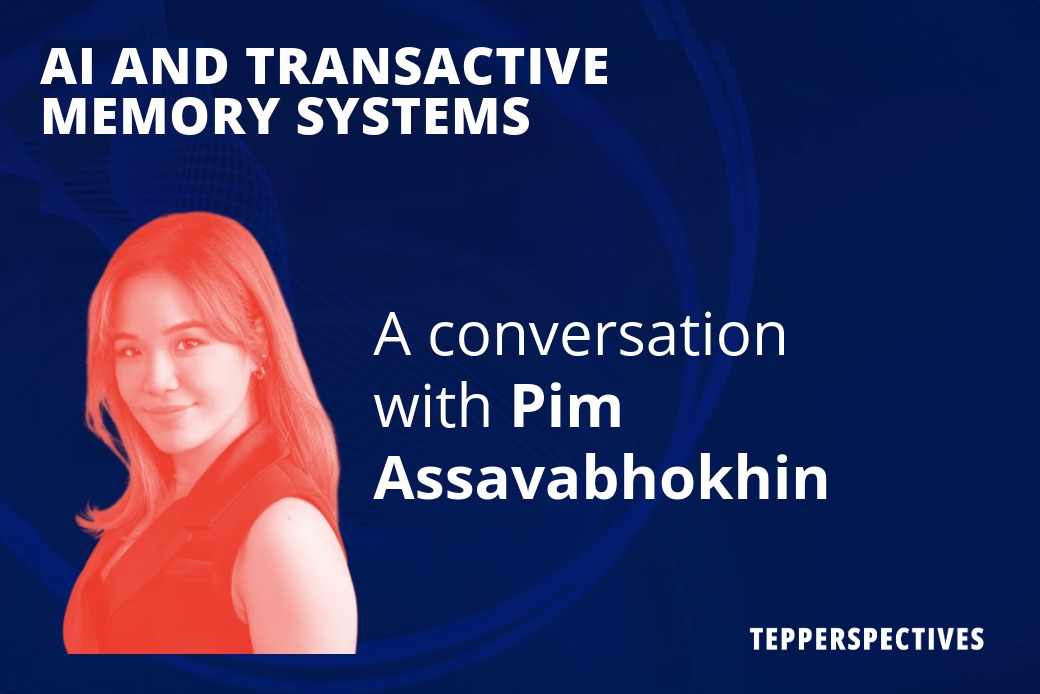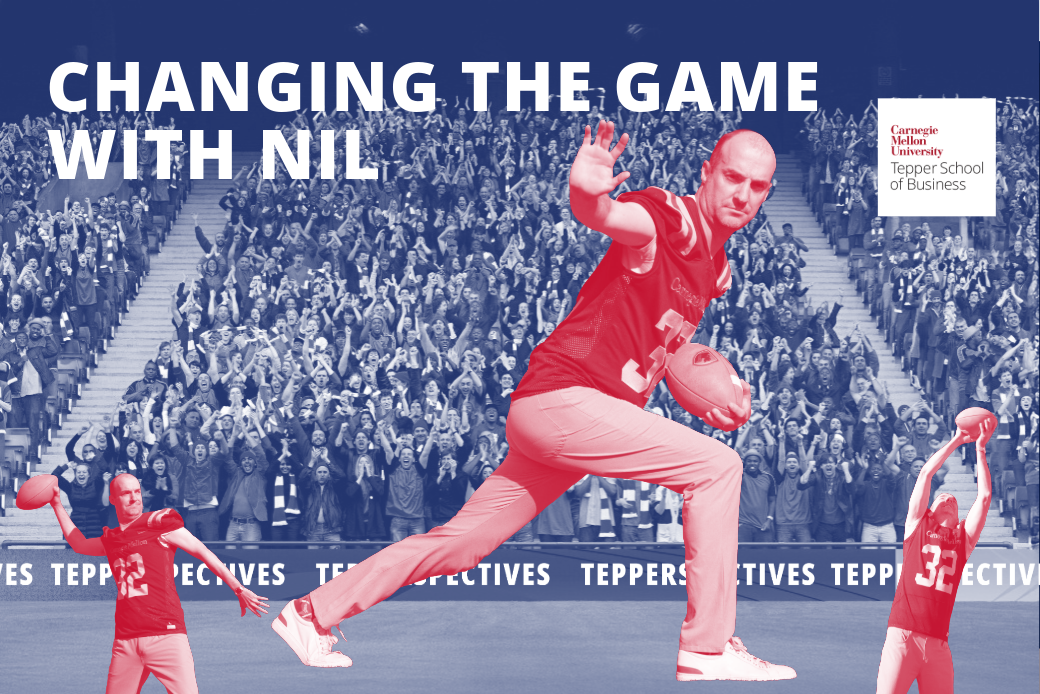
Faculty and Research
Dynamic faculty who value authentic connections with students. Cutting-edge researchers who are reimagining the future of business. Caring mentors who inspire bold ideas. Tepper School faculty won’t just guide you. They’ll help you become the next-generation leader that business needs.
The Tepper School’s award-winning faculty have created new avenues for exploring the complex problems facing today's global business environment. As researchers, they’re engaged with both the promise and the responsibilities that vast quantities of data and new technologies present. Whether investigating the emotional dynamics of Zoom calls or the ethical implications of algorithms, Tepper School professors push the boundaries.
Recipients of top-flight honors (including the Nobel prize), consultants to business and government, editors of and contributors to academic journals, these thought leaders bring their enthusiasm and experiences into the classroom.
1 :13
Faculty-to-Student Ratio
One of the best in Top 20 business schools
10
Nobel Laureates
In areas of macroeconomics, rational expectations, dynamic economic modeling, and more.
12
Academic Areas
Economics, entrepreneurship, finance, organizational behavior and theory, and more

Artificial Intelligence
Since 1955, the study of artificial intelligence has been a tradition at the Tepper School. Today, faculty members and researchers are leaders in discovering how AI can improve everything from accounting to marketing to logistics, and make business more effective, efficient, and productive.
Research Pillars
Tepper School researchers are translating strategic vision into impact through evidence-based insights in AI, economic systems, and entrepreneurship. Aligned with our three core themes — AI for Business, Economic Prosperity and Entrepreneurial Pursuit — this work fuels innovation, informs policy, and shapes the future of business.
AI For Business
Artificial intelligence is redefining how organizations operate and Tepper School researchers are at the forefront. By combining AI with economics, operations and organizational behavior, our faculty lead the way in applying responsible, data-driven tools to real business challenges.
Entrepreneurial Pursuit
What drives innovation? Tepper School researchers explore the behavioral science of entrepreneurship, studying how ideas scale, how founders take risks, and what supports thriving startup ecosystems. Their work equips future builders and investors to turn bold concepts into reality.
Economic Prosperity
With expertise in public policy, healthcare, environmental economics and inclusive growth, Tepper School scholars are shaping solutions that promote broad-based economic well-being. Through the Initiative for Inclusive Growth and Prosperity and cross-sector partnerships, research here drives scalable, real-world impact.

























